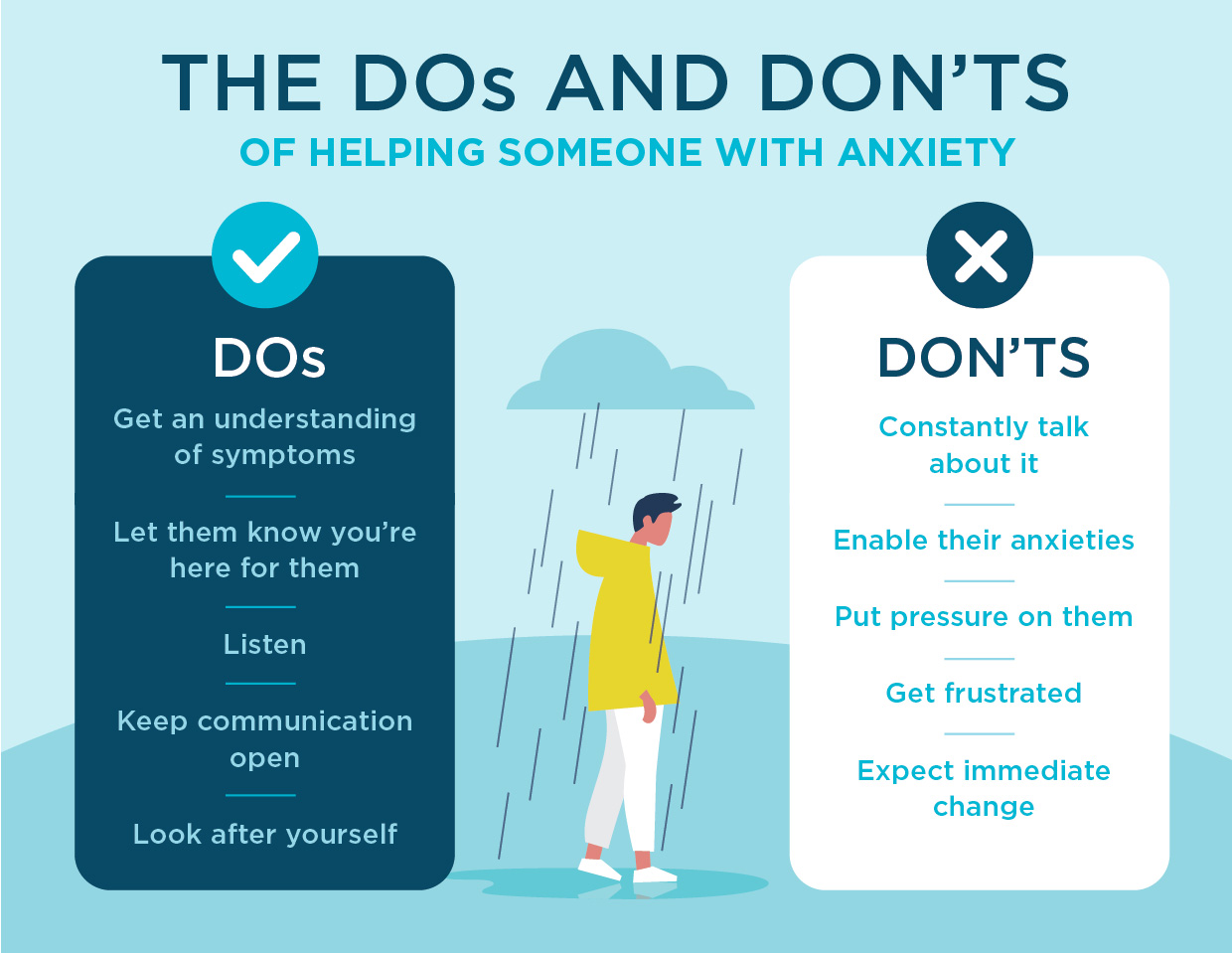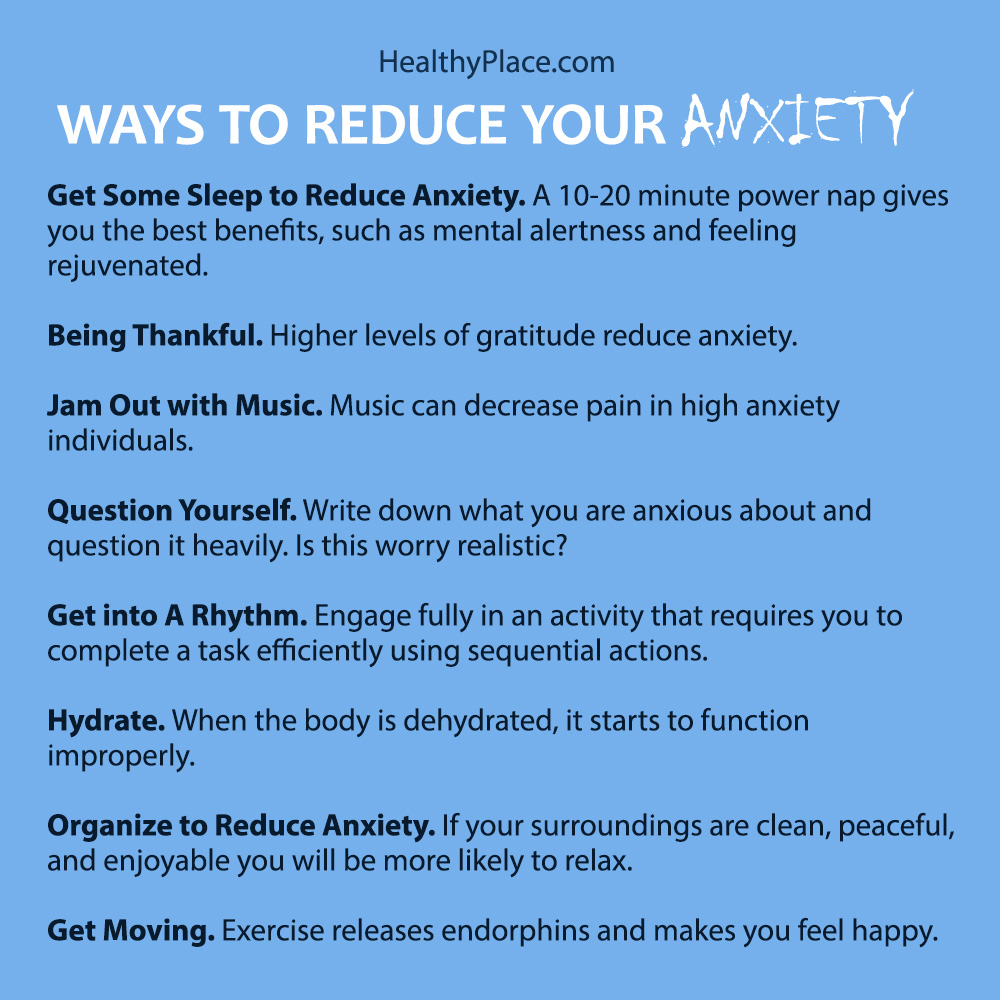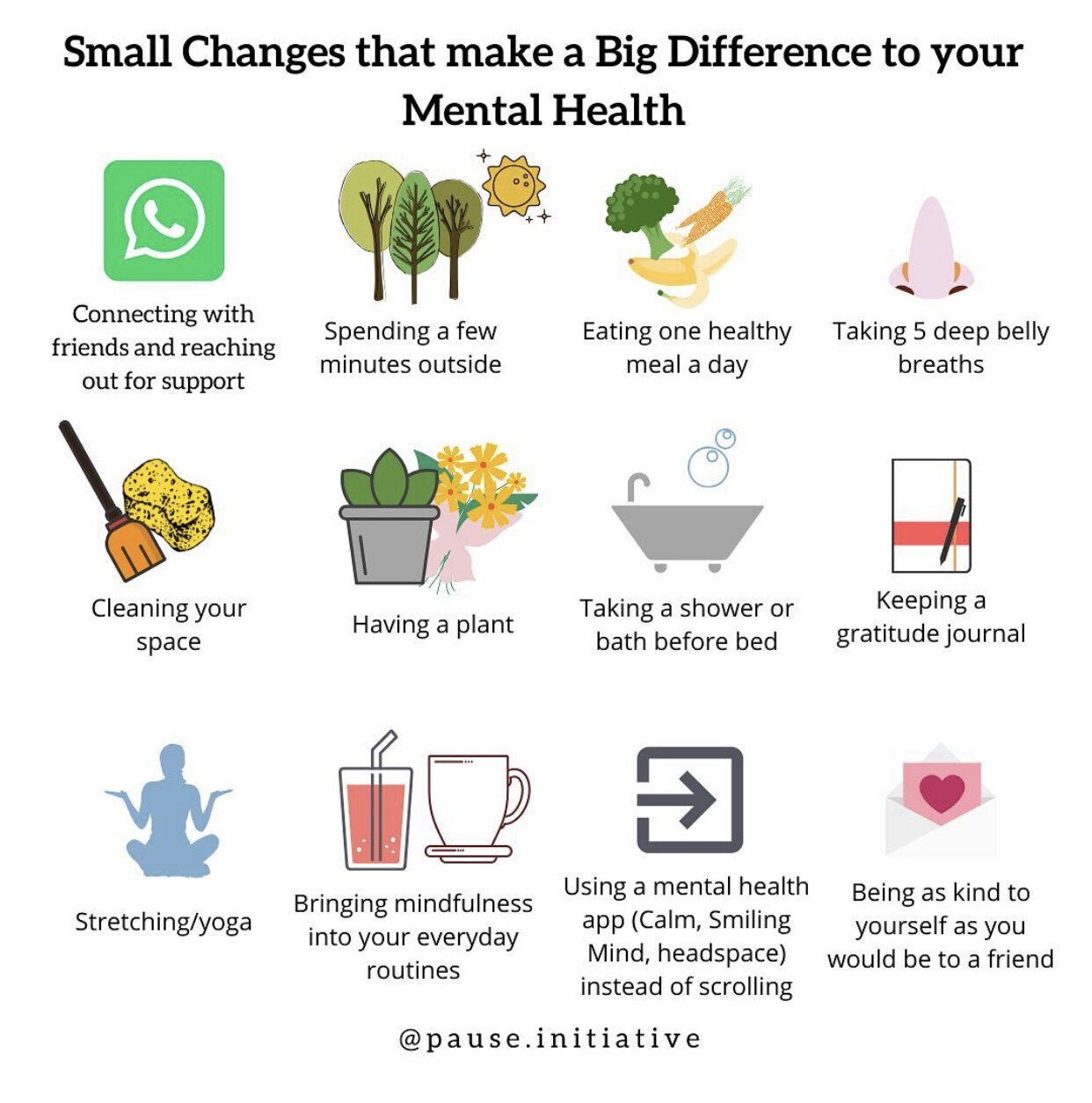
Understanding Anxiety in Your Partner
Recognizing Symptoms of Anxiety
Recognizing anxiety symptoms in a partner can be challenging yet crucial for providing support. Common signs include:
- Restlessness: They may have trouble relaxing or staying still.
- Excessive Worry: Often, they might worry uncontrollably about everyday situations.
- Physical Symptoms: Look out for headaches, fatigue, or gastrointestinal issues.
Being aware of these symptoms helps in addressing concerns early. For example, your partner might express feelings of unease about a work presentation, which could be their way of voicing deeper anxiety.
Impact of Anxiety on Relationships
Anxiety can significantly affect relationship dynamics. Partners might feel:
- Increased Frustration: Constant worry may lead to misunderstandings.
- Isolation: One partner might withdraw, causing feelings of distance.
- Emotional Exhaustion: The caregiver can become overwhelmed, leading to resentment.
For instance, consider a couple preparing for an event. If one partner is anxious, the other might feel pressured to “fix” the situation, creating tension rather than connection. Understanding these impacts can foster empathy and pave the way for more open communications.

Communication Strategies
Active Listening Techniques
Effective communication is vital when supporting a partner facing anxiety. One powerful method is active listening. This goes beyond hearing words; it’s about truly understanding them. Here are some techniques:
- Maintain Eye Contact: Show that you are engaged and invested in the conversation.
- Reflect Back: Paraphrase what your partner says to confirm understanding. For example, “It sounds like you’re feeling really overwhelmed about work.”
- Avoid Interrupting: Let them express their thoughts fully before responding.
In doing so, you create an environment where your partner feels heard and validated.
Encouraging Open Dialogue
Encouraging open dialogue is essential for building trust. You can foster this by:
- Creating a Comfortable Setting: Find a space that feels safe for both of you to talk about feelings.
- Asking Open-Ended Questions: This invites deeper discussions. For instance, rather than asking, “Are you okay?” try “What’s been on your mind lately?”
- Checking In Regularly: Make it a habit to ask how your partner is feeling, reinforcing that it’s okay to communicate.
These steps help build a supportive communication foundation, making your partner more comfortable expressing their thoughts and emotions.

Providing Emotional Support
Creating a Safe Space
Creating a safe space for your partner is pivotal in showing emotional support. This means establishing an environment where they can share their thoughts without fear of judgment. Here’s how to cultivate that atmosphere:
- Set Aside Distractions: Turn off the TV or put away your phone to show that they have your full attention.
- Use Open Body Language: Lean in slightly and nod to express interest in what they’re saying.
- Be Patient: Allow silence in conversations; sometimes, they need a moment to gather their thoughts.
Fostering this safe environment encourages deeper conversations and emotional sharing.
Offering Reassurance and Validation
Offering reassurance and validation is a critical aspect of emotional support. When your partner expresses their fears or worries, responding with empathy helps them feel understood. Consider these strategies:
- Acknowledge Their Feelings: Say things like, “It’s completely okay to feel anxious about this.”
- Provide Encouragement: Remind them of their strengths, “You’ve overcome similar challenges before; I believe in you.”
- Reinforce Unconditional Support: Irrespective of the situation, affirm that you are always there for them.
By reassessing their emotions, you strengthen your bond and help them navigate their anxiety more comfortably.

Encouraging Self-Care Practices
Promoting Healthy Habits
Encouraging self-care practices is essential for your partner’s well-being. Promoting healthy habits can significantly alleviate anxiety, leading to a more peaceful state of mind. Here are some impactful habits to suggest:
- Regular Exercise: Invite them for a walk or join a yoga class together. Physical activity releases endorphins, which are natural mood lifters.
- Balanced Diet: Prepare nutritious meals together. Foods rich in omega-3 fatty acids, like salmon, and antioxidants from fruits can boost mental health.
- Quality Sleep: Encourage a consistent sleep routine. Setting a bedtime can help them establish healthier sleep patterns, which directly impact mood.
These simple, everyday habits can enhance their overall mental health and resilience.
Encouraging Professional Help
While self-care practices are beneficial, sometimes professional help is necessary. Support your partner by gently encouraging them to seek therapy if anxiety becomes overwhelming. Here’s how to approach it:
- Normalize Therapy: Remind them that seeking help is a sign of strength, not weakness, by sharing stories of people who benefited from it.
- Offer to Help Find a Therapist: You might say, “I can help you look for a therapist if you’d like.”
- Accompany Them to Appointments: Offer to go with them to their first session for moral support.
By encouraging professional help, you empower your partner to take control of their anxiety in a informed and effective way.

Building a Support Network
Involving Family and Friends
Building a robust support network can make a significant difference for your partner dealing with anxiety. Involving family and friends is a great way to expand their support system. Here’s how to help:
- Organize Get-Togethers: Arrange casual gatherings where they can relax and connect with loved ones, easing the feeling of isolation.
- Educate Family and Friends: Share insights about anxiety with those close to your partner, fostering understanding and empathy.
- Encourage Check-Ins: Suggest that friends reach out regularly, whether through texts or calls, providing consistent emotional touchpoints.
This involvement can help your partner feel surrounded by love and understanding.
Seeking Support Groups or Therapy
In addition to leaning on close relationships, seeking support groups or therapy can be beneficial. These resources offer a safe space to share experiences with those who truly understand. Here are some steps to guide your partner:
- Research Local Support Groups: Help them find groups that focus on anxiety. Many communities host in-person or online sessions.
- Attend Together: Offering to accompany them to a support group can help alleviate any initial fears.
- Encourage Participation in Therapy: Individual therapy complements group support, providing a more tailored approach to healing.
By combining personal and communal support, your partner will gain a well-rounded foundation in managing their anxiety.

Developing Coping Mechanisms Together
Exploring Relaxation Techniques
Developing coping mechanisms together can greatly aid your partner in managing anxiety. One effective way to start is by exploring relaxation techniques. Engaging in practices like:
- Deep Breathing Exercises: Take a few moments each day to practice inhaling deeply through the nose and exhaling slowly through the mouth. This simple act can help lower heart rates and reduce feelings of anxiety.
- Meditation or Mindfulness: Try short meditation sessions together, using apps or guided videos to find peace in the present moment.
- Progressive Muscle Relaxation: This technique allows the release of tension by systematically tightening and relaxing different muscle groups.
Finding these strategies together can deepen your bond while promoting their emotional well-being.
Engaging in Stress-Relieving Activities
Additionally, engaging in stress-relieving activities can enhance coping skills. Here are some enjoyable options to consider:
- Outdoor Adventures: Go for hikes or nature walks. The combination of fresh air and physical activity can work wonders for mental health.
- Creative Outlets: Encourage activities like painting, writing, or crafting. These provide a productive way to express emotions and relieve tension.
- Joint Hobbies: Try cooking new recipes or learning a new activity together—this reinforces teamwork and distracts from anxiety.
By incorporating these stress-relieving activities into your routine, you can foster a supportive atmosphere conducive to healing and resilience.

Setting Boundaries and Understand Limits
Establishing Boundaries for Support
Setting healthy boundaries is essential when supporting a partner coping with anxiety. Establishing boundaries allows both partners to understand what is acceptable and helps prevent burnout. Here are some key strategies:
- Discuss Needs Openly: Have conversations about what you both need. For instance, if your partner requires some alone time after a stressful day, acknowledge that need.
- Define Roles: Clarify how you can best support each other. Sometimes, just listening without feeling the need to provide solutions can be the best support.
- Set Time Limits for Discussions: Agree on specific times to talk about anxiety-related issues, allowing both partners to recharge in between.
These boundaries can create a healthier dynamic centered around mutual respect and understanding.
Respecting Personal Space
Equally important is respecting personal space, which allows your partner the freedom to navigate their feelings without feeling overwhelmed. Here’s how to honor their personal space:
- Recognize Signs of Overwhelm: Pay attention to their body language or signs of distress and offer a moment of solitude when needed.
- Encourage Solo Activities: Promote hobbies they enjoy independently, whether that’s reading, exercising, or meditating. These moments can be restorative.
- Check-In Periodically: Let them know that you’re available without imposing. A simple, “I’m here if you need anything,” can be reassuring without crowding their space.
By balancing support with respect for personal boundaries, you and your partner can grow together while nurturing a healthy relationship.

Educating Yourself about Anxiety
Learning About Different Anxiety Disorders
Educating yourself about anxiety is crucial for being a supportive partner. There are various anxiety disorders, each with distinct symptoms and challenges, such as:
- Generalized Anxiety Disorder (GAD): Characterized by persistent, excessive worry about various aspects of life.
- Panic Disorder: Involves recurrent panic attacks that cause intense fear or discomfort.
- Social Anxiety Disorder: Involves an intense fear of social situations, leading to avoidance behaviors.
Understanding these disorders can foster empathy. For example, realizing that your partner’s discomfort in social situations isn’t just shyness can help you respond with patience and support.
Understanding Triggers and Coping Strategies
Another vital step is understanding triggers that provoke your partner’s anxiety and identifying effective coping strategies. Consider these approaches:
- Identify Common Triggers: Work together to recognize what situations escalate their anxiety. This could include stressful work environments or crowded places.
- Explore Coping Techniques: Collaboratively find strategies that work, such as mindfulness exercises, journaling, or breathing techniques.
- Support During Triggers: Be present during challenging moments, reminding them of their coping strategies.
By actively learning about anxiety, triggers, and coping methods, you empower yourself to provide thoughtful, compassionate support that can greatly enhance your partner’s journey toward mental well-being.

Patience and Understanding
Practicing Patience through Difficult Times
Navigating the complexities of anxiety requires immense patience, especially during difficult moments. There will be times when your partner may seem irritable or withdrawn, and it’s essential to approach these situations with empathy. Here are some strategies to practice patience:
- Take a Step Back: When tensions rise, give each other space to breathe. This can prevent escalation and promote a calmer environment.
- Remind Yourself: Constantly remind yourself that their reactions are not personal but rather a response to their anxiety.
- Celebrate Small Triumphs: Recognize and celebrate minor victories together, even if it’s just getting through a social gathering.
This mindset can help you stay grounded when challenges arise.
Understanding the Challenges of Anxiety
Understanding the challenges your partner faces is equally important. Living with anxiety can be isolating, and knowing some common hurdles can help you offer better support:
- Cognitive Overload: Anxiety can hinder decision-making and promote feelings of inadequacy. Recognizing this can guide you in being more supportive during these moments.
- Physical Symptoms: Your partner might experience fatigue, restlessness, or racing heartbeats. Validating these physical experiences fosters understanding.
- Social Withdrawal: Anxiety can lead your partner to avoid social situations. Offering gentle encouragement without pressure can make a world of difference.
By practicing patience and understanding their challenges, you create a nurturing space where both you and your partner can thrive together.

Seeking Professional Help When Necessary
Recognizing When Professional Help is Needed
Recognizing when professional help is necessary is a vital part of supporting your partner through anxiety. While self-help strategies can be effective, sometimes they need more assistance. Signs that it might be time to seek professional help include:
- Persistent Symptoms: If anxiety is interfering with daily activities or relationships consistently, it’s a strong indicator of needing intervention.
- Physical Symptoms: If anxiety leads to significant physical issues like panic attacks or chronic fatigue, it’s wise to consult a professional.
- Feelings of Hopelessness: If your partner expresses feelings of hopelessness or despair, encourage them to talk to a therapist.
Being observant and proactive can make a significant difference in your partner’s well-being.
Supporting Your Partner in Therapy or Treatment
Once professional help is on the table, supporting your partner during therapy or treatment becomes essential. Here are several ways to help them through the process:
- Encourage Attendance: Gently remind your partner of appointments, reinforcing that taking this step is a show of strength.
- Be Open to Discussing Their Experiences: Ask them about sessions, allowing them to express feelings or insights they’ve gained without pushing for details.
- Participate in Family Therapy if Suggested: Sometimes, involving family members can strengthen the support system and improve outcomes.
By showing consistent support during this journey, you create an environment where your partner feels safe and empowered to face their anxiety head-on.
